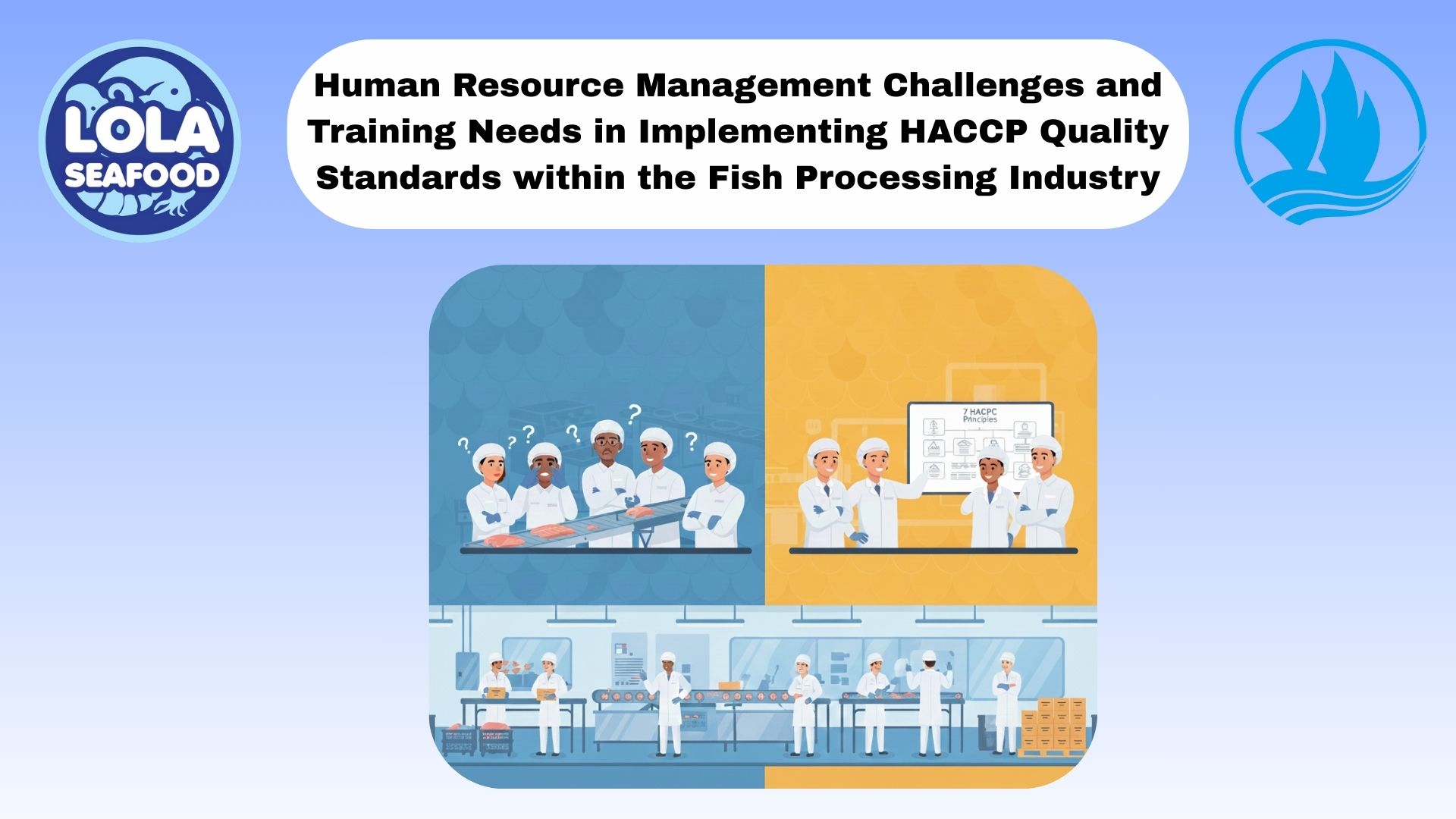Antibiotic Residues in Food
By. Najih - 05 Sep 2024.jpg)
The usage of antibiotics has been, and remains, a topic of utmost importance; on the one hand, for animal breeders, and on the other hand, for food safety. Although many countries have established strict rules for using antibiotics in animal husbandry for the food industry, their misuse and irregularities in compliance with withdrawal periods are still identified.
Importance of monitoring antibiotic residues. Antibiotic residues in food of animal origin, such as milk, eggs, and meat, pose a potential health risk to consumers.
Antibiotics are naturally formed metabolites derived from fungi or bacteria. Additionally, antibiotics produced through modern biotechnology and chemical synthesis also exist. These substances can kill microorganisms or inhibit their growth, making them essential in human and veterinary medicine for treating bacterial diseases.
The use of antibiotics to treat diseased animals is necessary for animal welfare. However, residues of antibiotics can occur in food of animal origin due to application failures, such as non-compliance with statutory waiting periods or misuse as growth promoters. The presence of antibiotic residues in food can lead to several health risks:
- Carcinogenic and toxic properties: Antibiotic residues can pose carcinogenic and toxic risks to consumers.
- Allergic reactions: These residues have the potential to trigger allergic reactions in sensitive individuals.
- Antibiotic resistance: Inappropriate use of antibiotics promotes the development of multi-drug resistant pathogenic bacteria, complicating treatment in human medicine.
- Economic risks: Antibiotic residues can inhibit biotechnological production processes, such as those involving starter cultures in the dairy industry, posing a risk to production safety and economic viability.
Key benefits of antibiotic residue monitoring
- Consumer protection: Ensures food products are safe for consumption by detecting and quantifying antibiotic residues.
- Animal health: Supports responsible antibiotic use in veterinary medicine, promoting animal welfare and reducing the risk of residues in food products.
- Regulatory compliance: Helps manufacturers comply with MRLs and other food safety regulations, preventing legal and economic repercussions.
- Quality assurance: Maintains the integrity and safety of food products by preventing the distribution of contaminated items.
- Advanced detection methods: Utilizes reliable and efficient analytical platforms for accurate monitoring of antibiotic residues in various food matrices.
.jpg)
The Impact of HACCP-Based Integrated Quality Management Programs on the Quality and Competitiveness of Fresh Demersal Fish Products
 and Employee Productivity on the Demersal Fish Processing Floor.jpg)
The Correlation Between Occupational Health and Safety (OHS) and Employee Productivity on the Demersal Fish Processing Floor

Human Resource Management Challenges and Training Needs in Implementing HACCP Quality Standards within the Fish Processing Industry

The Legal Shark Value Chain: Identifying Critical Control Points for Cost Efficiency and Value Enhancement from Catch to Consumer



.jpg)
 in Meeting Global Protein Demand Sustainably.jpg)